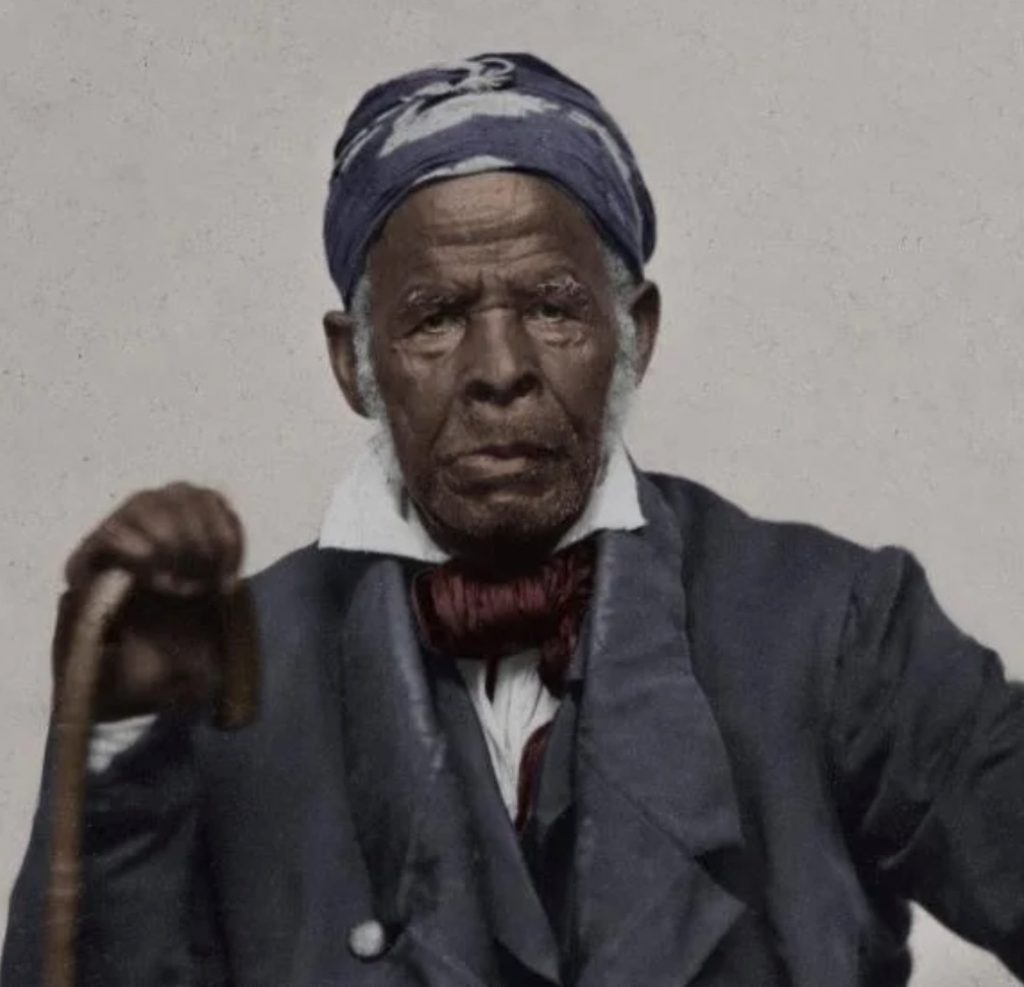by Stephanie Manning

The Opera, which was also presented at Oberlin’s Finney Chapel two days earlier, is based on the 1831 autobiography of Muslim scholar Omar ibn Said, the only such work written by an enslaved person during their enslavement, and the only such document written in Arabic.
Rhiannon Giddens’ brilliant libretto chronicles the life of ibn Said, beginning in present-day Senegal and following him through his capture, journey via the Middle Passage, and enslavement in North and South Carolina. [Read more…]



